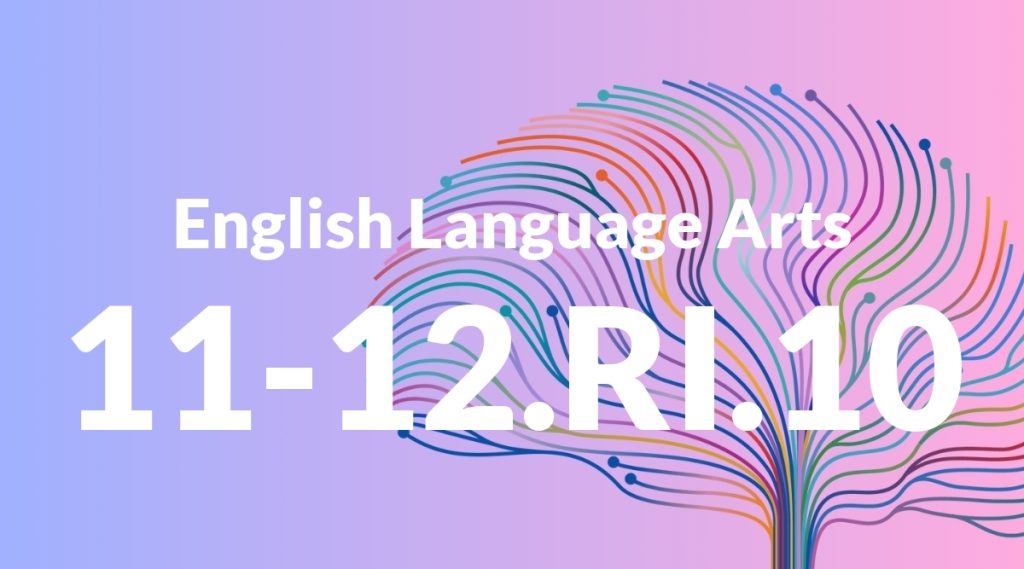Standard: 11-12.RI.1 – Cite strong and thorough textual evidence to support analysis of what the text says explicitly as well as inferences drawn from the text, including determining where the text leaves matters uncertain.
Grade level: Grade 11-12
Subject: English Language Arts
Domain: Reading: Informational Text
Teacher Overview
This standard emphasizes the importance of using strong and thorough textual evidence to support analysis and inferences. It’s crucial for students to not only understand what a text explicitly states but also to read between the lines and recognize areas of uncertainty. Mastery of this skill is essential for advanced critical thinking and effective communication. Before tackling this standard, students should be able to identify main ideas and supporting details, make basic inferences, and distinguish between explicit and implicit information in a text.
Once students master this standard, they will be able to critically evaluate complex texts, synthesize information from multiple sources, and construct well-supported arguments in their writing and discussions.
Common Misconception 1
A common misconception is that any piece of text can serve as sufficient evidence. This is incorrect because not all evidence is of equal quality or relevance. Strong evidence directly supports the analysis and is closely related to the argument being made.
Intervention 1
To address this misconception, engage students in activities where they compare examples of strong and weak evidence, discussing why some pieces are more compelling and relevant than others.
Common Misconception 2
Another misconception is that inferences are purely subjective and do not need textual support. This is incorrect because valid inferences should be grounded in specific evidence from the text, even if they go beyond what is explicitly stated.
Intervention 2
To remediate this misconception, provide students with exercises that require them to identify textual evidence supporting their inferences, reinforcing the idea that inferences must be evidence-based.
Prerequisite Knowledge
Students should have a foundational understanding of how to identify main ideas and supporting details in a text, as well as basic skills in making inferences and distinguishing between explicit and implicit information.
Subsequent Knowledge
After mastering this standard, students will be able to critically evaluate complex texts, synthesize information from multiple sources, and construct well-supported arguments in their writing and discussions.
Instructional Activities
- Group discussions analyzing the strength of evidence in various texts.
- Writing assignments that require students to support their arguments with strong textual evidence.
- Debates on current events where students must cite evidence from reliable sources.
- Peer review sessions focusing on the use and relevance of textual evidence in written work.




